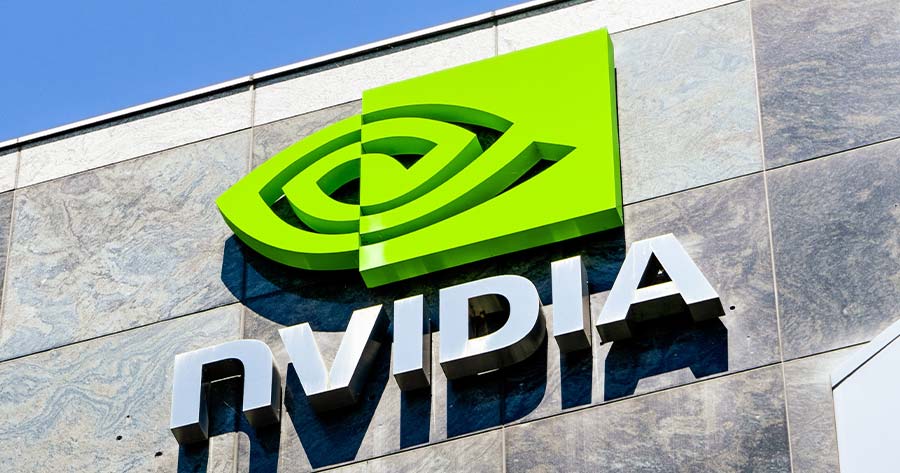On Tuesday (17 Oct), the US Department of Commerce (DoC) announced the plan to further restrict chip sales to China, causing chipmaker stocks to decline, especially Nvidia Corporation that is seen to receive the biggest impact from the measure.
Nvidia filed to SEC that the ban would include a whole AI chip series of A100, A800, H100, L40, L40S and especially the RTX 4090, Nvidia’s current best gaming GPU in the market. Some estimated that the new measure would impact the US chipmakers’ revenue in China, which accounts around 20-25% of Nvidia’s revenue from its data center segment.
Nvidia stated in the filing that the licensing requirement may impact the company’s ability to complete development of products in a timely manner, support existing customers of covered products, or supply customers of covered products outside the impacted regions, and may require the company to transition certain operations out of one or more of the identified countries.
The company noted that it does not anticipate that the additional restrictions will have a near-term meaningful impact on the financial results, given the strength of demand for our products worldwide.
The tension between the two superpowers continued as the US tried to keep its dominance or at least superiority on semiconductor applications. The said chip could possibly be used for AI on image processing for military purposes in the real world, or used in mass to create a super computer network as reported on most cryptocurrency mining farms in China, which also spiked the GPU price a few years ago.
The Nvidia stock (NASDAQ: NVDA) price fell off soon after the news broke last night. However, NVDA price recovered back to close at $439.38 per share with a total loss of 4.68% in just one day. Still, NVDA’s P/E ratio was over 106 which is considered expensive compared to the usual P/E on average around 25. Furthermore, Intel Corp. (INTC) and AMD stock also fell by more than 1.2% due to the spillover from the ban that did not only affect NVDA alone.





